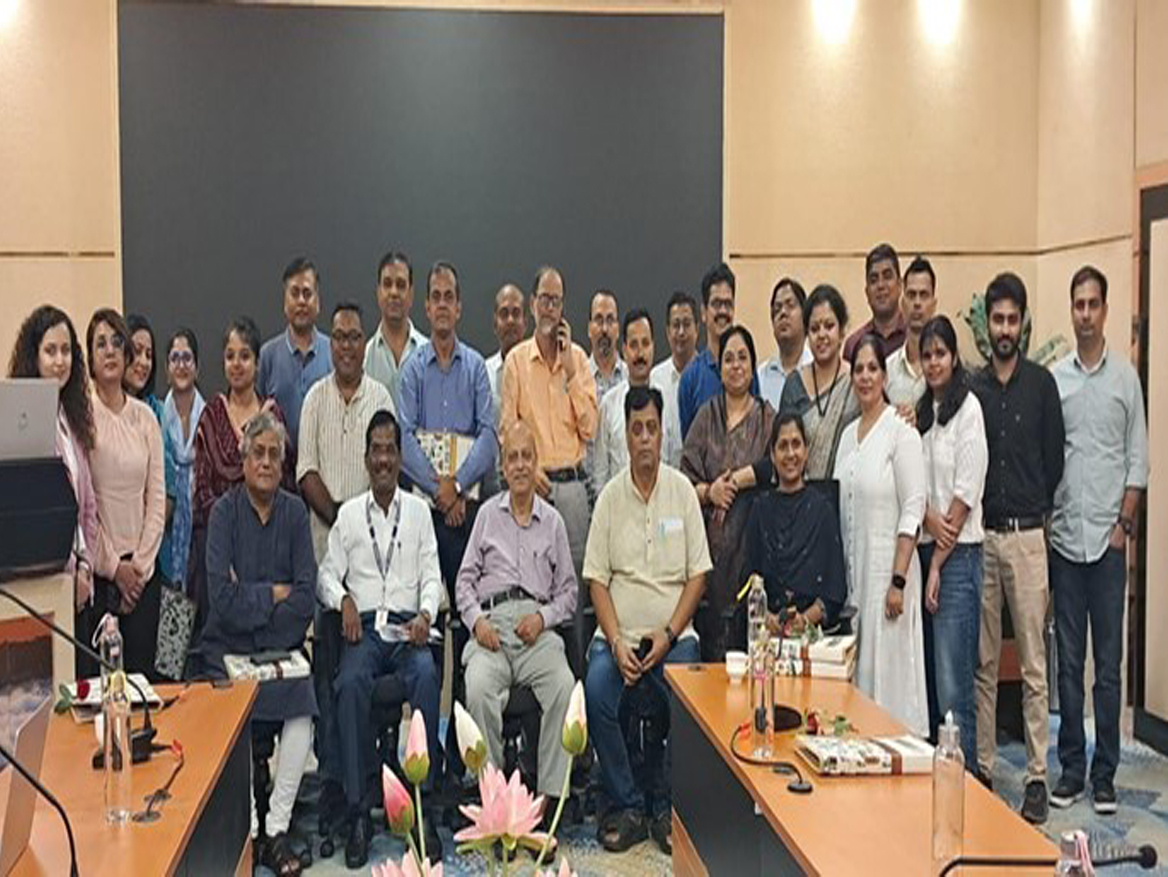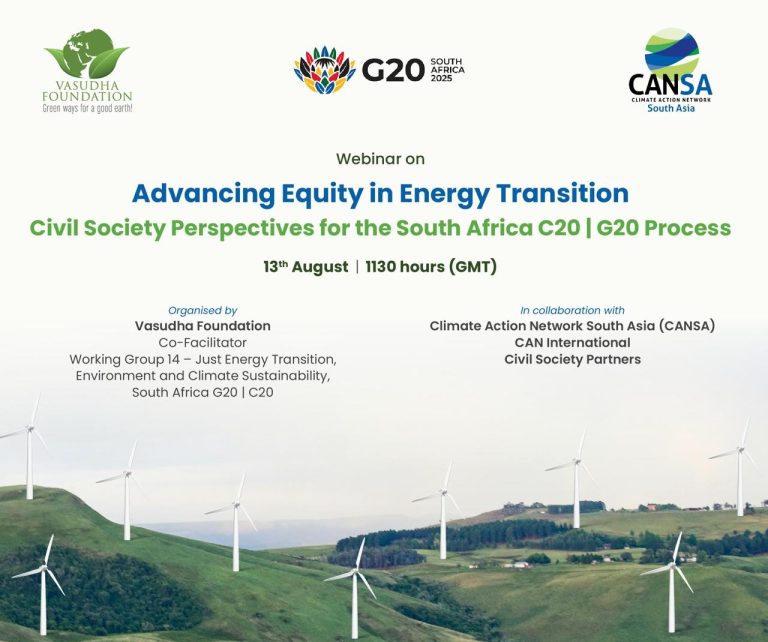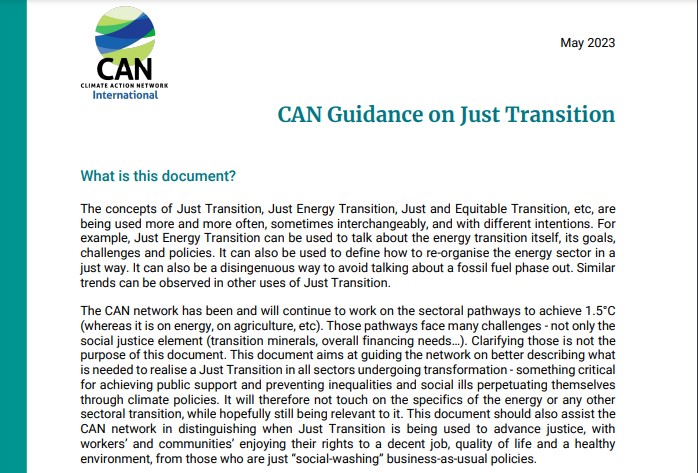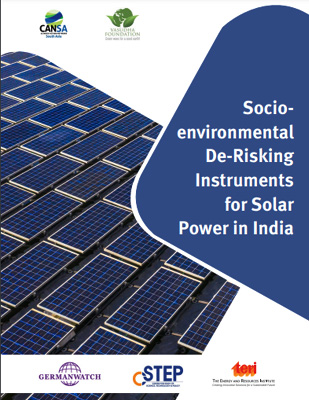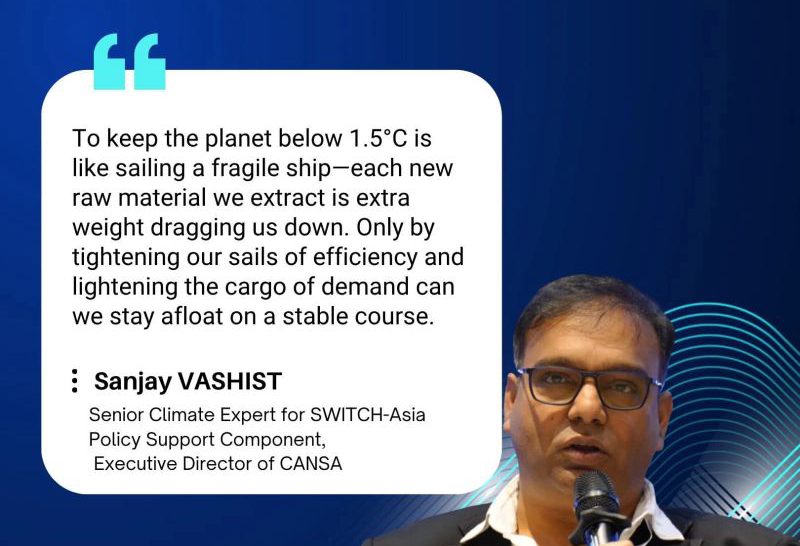South Asia faces the dual challenge of phasing out fossil fuels while ensuring equity, inclusion, and sustainable development. A Just Transition is about making this shift to renewable energy in ways that protect livelihoods, reduce inequalities, and secure a future rooted in climate justice. Achieving this requires more than technology and finance. Alongside feed-in tariffs, tax incentives, and subsidies for clean energy, it also demands social protection, gender justice, and community-led planning—so the benefits of transition are shared fairly across society.
CAN International’s campaign, Just Transition Rising, is built on a simple truth: justice must lead the transition. It amplifies the voices of workers and communities whose lives are most affected by the move away from fossil fuels, calling for justice to be at the heart of COP negotiations.
CANSA’s Call for Action
- A people-centered Just Transition in South Asia must diversify economies and create alternative livelihoods and decent jobs.
- Strengthen social protection systems for workers and communities.
- Embed gender justice and intersectionality, ensuring women and marginalized groups are not left behind.
- Secure international cooperation and climate finance, to support long-term investments in sustainable development, technology transfer, and capacity building.
Above all, the transition must tackle poverty, improve public health, and respond to the territorial and social challenges that come with energy shift.
CANSA and its members and partners are working on the multiple aspects of Just Transition from mainstreaming of fossil fuel phaseout and low carbon development, to sustainable production and consumption, circular economy, and bottom-up participatory planning in Just Transition policy-making criteria by connecting and amplifying knowledge/experiences/best practices and Just Transition journeys and initiatives within the network.
Building a Shared South Asian Vision for Just Transition
On May 8, 2025, CANSA held its first regional consultation on Just Transition, bringing together members to unpack global debates and shape a collective South Asian perspective. Framed as a foundational step toward COP30 in Belém, the discussion marked a turning point in aligning regional efforts with global climate justice goals. A key milestone emerged: the agreement to embed Just Transition into CANSA’s vision statement—solidifying its commitment to equity, inclusion, and people-centered climate action across South Asia.
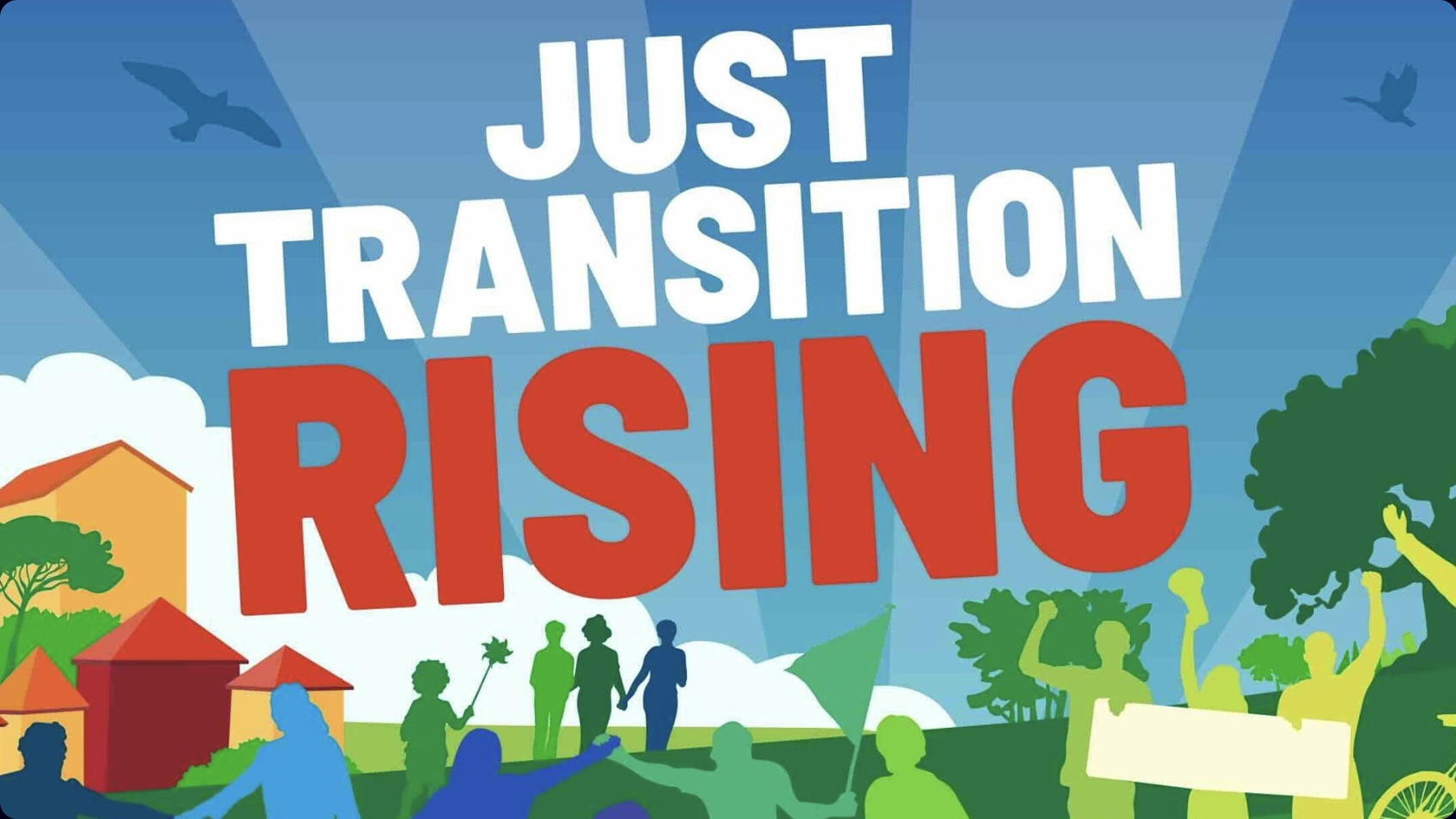
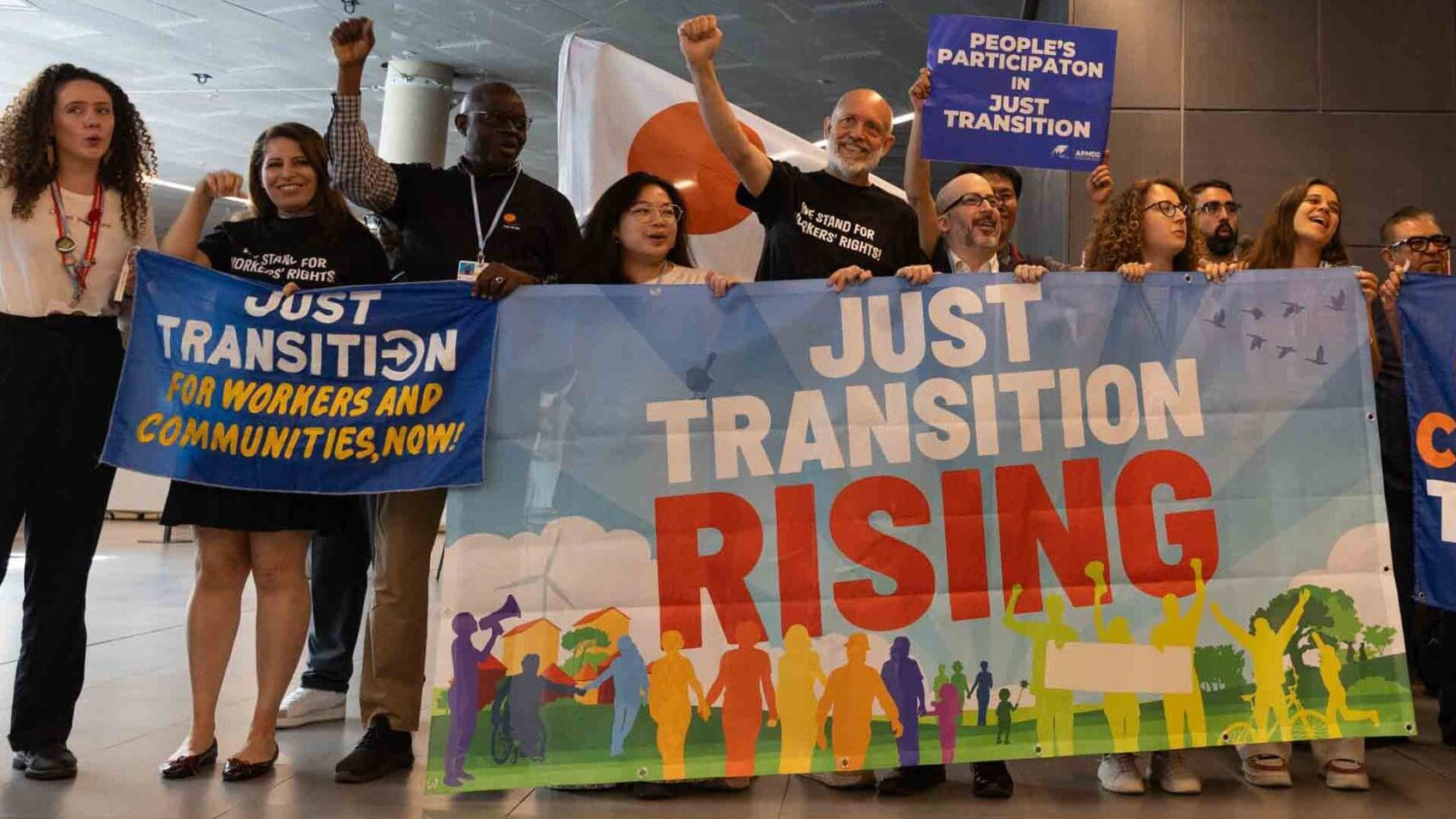
Global Campaign - 'Just Transition Rising'
CAN International launched the campaign on Just Transition Rising on the premise that justice must lead the transition. to support communities and workers on the frontlines of the transition—those whose lives and livelihoods are directly impacted by the shift away from fossil fuels. This campaign demands that COP negotiations centre justice from the start.
EVENTS
JUST TRANSITION RELATED BLOGS
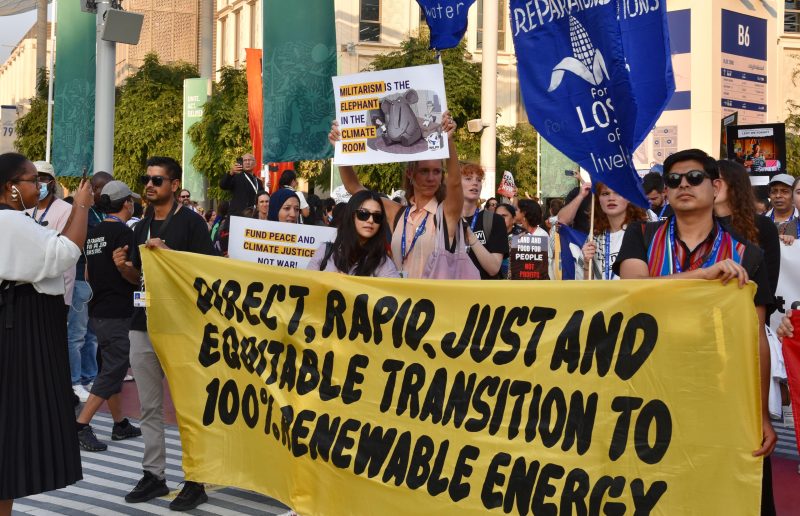
By Dr. Sanjay Vashist
VIEW ALL





